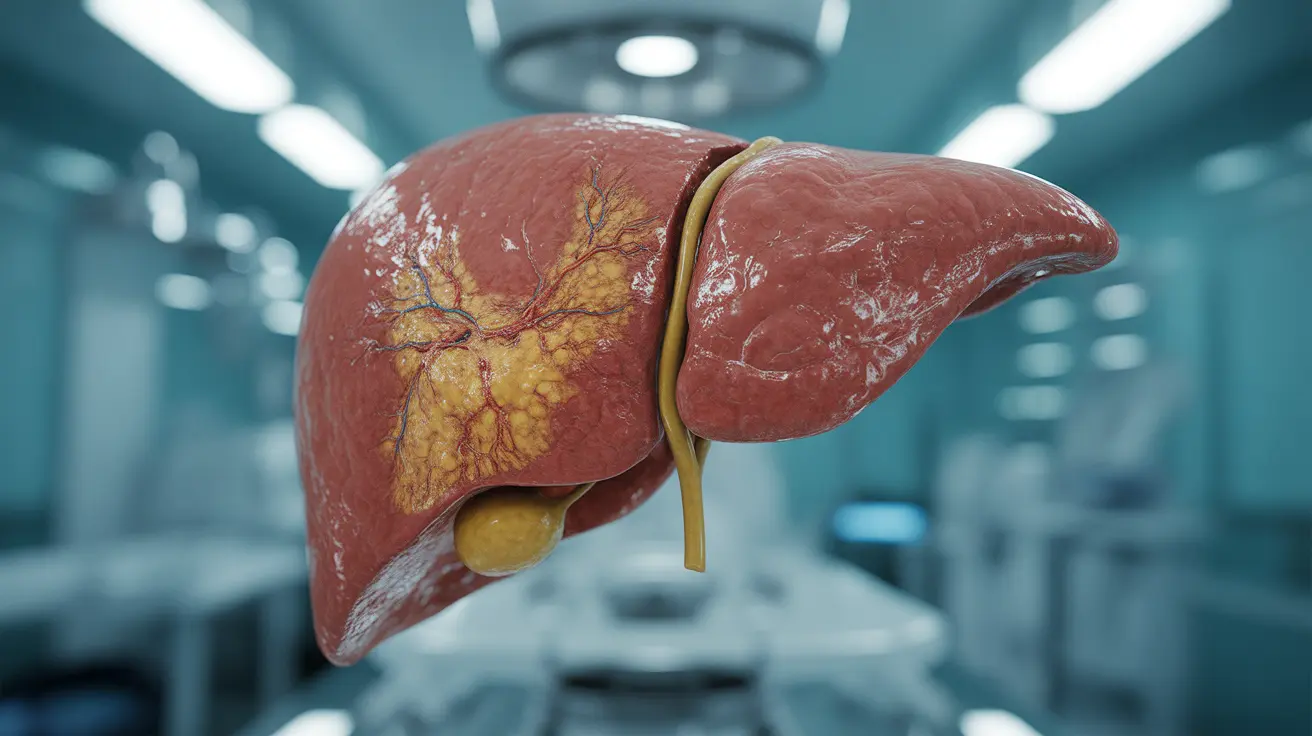Living with hepatitis C can raise many questions about long-term health and survival. Thanks to modern medical advances, a hepatitis C diagnosis is no longer the dire prognosis it once was. Understanding how this viral infection affects life expectancy and what treatment options are available can help patients make informed decisions about their healthcare journey.
This comprehensive guide explores the factors that influence life expectancy with hepatitis C, from early diagnosis and treatment to potential complications and lifestyle modifications that can impact overall outcomes.
Early Detection and Treatment Impact on Life Expectancy
When hepatitis C is diagnosed and treated early, patients can expect a normal or near-normal life expectancy. Modern antiviral medications can cure the infection in over 95% of cases, effectively preventing liver damage and other complications that could otherwise shorten lifespan.
The key to optimal outcomes lies in early detection through routine screening, especially for those in high-risk groups. Starting treatment before significant liver damage occurs provides the best chance for a full recovery and normal life expectancy.
Understanding Disease Progression Without Treatment
Untreated hepatitis C can lead to progressive liver damage over time. The virus typically develops slowly over decades, with approximately 20-30% of patients developing cirrhosis within 20-30 years of infection. However, the progression rate varies significantly among individuals.
Factors Affecting Disease Progression
Several factors can accelerate liver damage and potentially reduce life expectancy:
- Alcohol consumption
- Obesity
- Co-existing liver conditions
- Age at infection
- HIV co-infection
- Diabetes
- Smoking
Modern Treatment Options and Success Rates
Current hepatitis C treatments, known as direct-acting antivirals (DAAs), have revolutionized patient outcomes. These medications typically require 8-12 weeks of treatment and have minimal side effects compared to older therapies.
Benefits of Current Treatments
Modern hepatitis C treatments offer several advantages:
- High cure rates (95% or higher)
- Shorter treatment duration
- Fewer side effects
- Reduced risk of liver cancer
- Improved quality of life
- Better long-term survival rates
Managing Complications and Improving Outcomes
Even after successful treatment, some patients may need ongoing monitoring, especially if they developed cirrhosis before starting treatment. Regular medical check-ups and lifestyle modifications can help maintain liver health and optimize life expectancy.
Frequently Asked Questions
How long can you live with hepatitis C if diagnosed early and treated?
With early diagnosis and current treatments, most people can expect a normal life expectancy, particularly if treated before significant liver damage occurs.
What complications from hepatitis C can affect life expectancy?
Major complications include cirrhosis, liver cancer, and liver failure. These complications can significantly impact life expectancy if left untreated.
How does untreated hepatitis C progress and impact survival time?
Untreated hepatitis C typically progresses slowly over 20-30 years, potentially leading to cirrhosis and liver cancer, which can significantly reduce life expectancy.
Can modern hepatitis C treatments cure the infection and improve lifespan?
Yes, modern direct-acting antivirals can cure hepatitis C in over 95% of cases, allowing patients to achieve normal life expectancy when treated successfully.
What factors increase the risk of liver damage and shortened life expectancy with hepatitis C?
Key risk factors include alcohol use, obesity, co-existing liver conditions, older age at infection, HIV co-infection, and diabetes.
With proper medical care, lifestyle modifications, and current treatment options, most people with hepatitis C can look forward to a normal life span and good quality of life. Early detection and treatment remain crucial for optimal outcomes.




